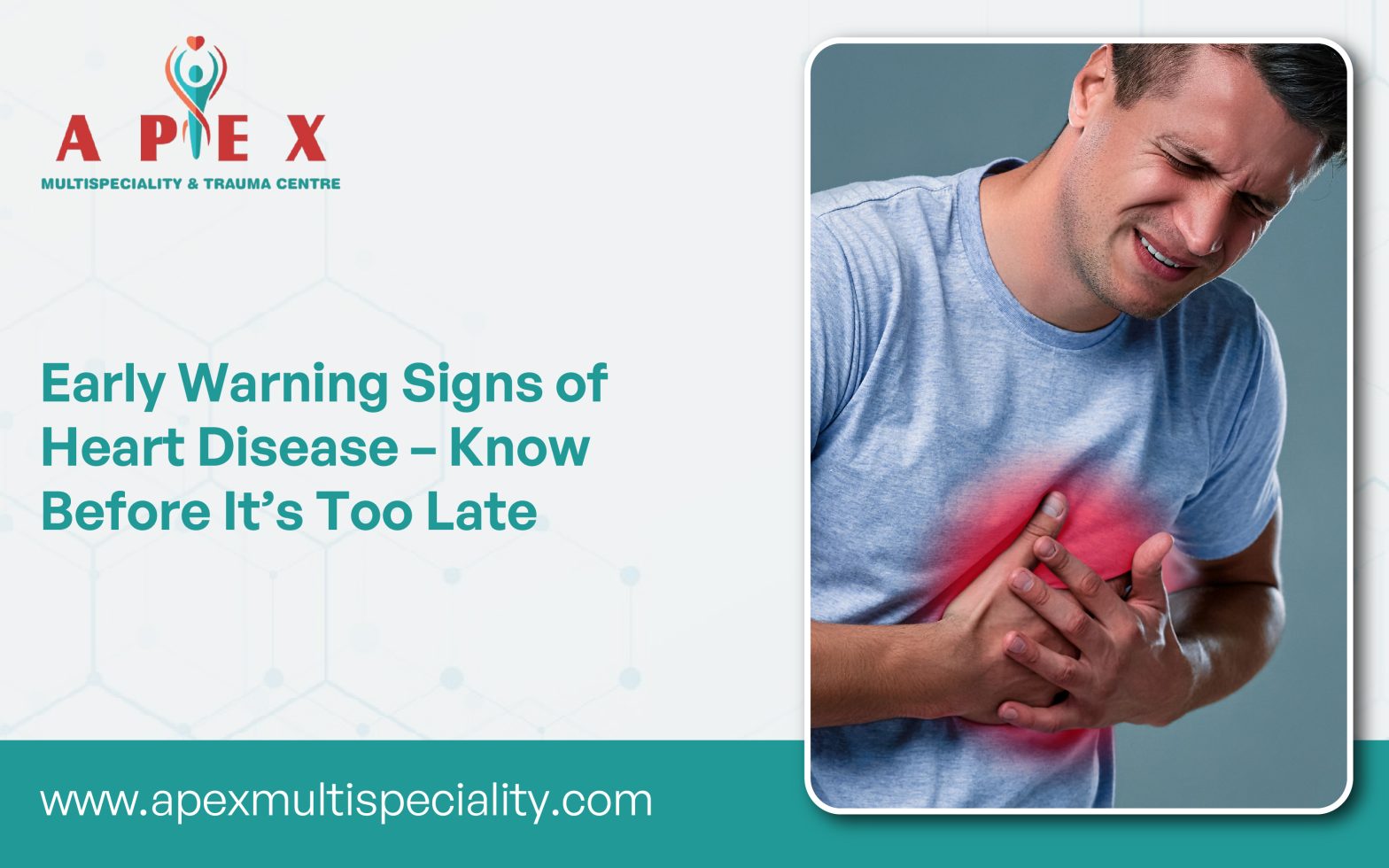Do you feel tired or have rapid breathing at times? Some people assume these are common physical issues. However, heart blockages can be the culprit behind these complications. So, never delay diagnosing the symptoms, as they may threaten your life. The best cardiologist will diagnose your disease and provide the most effective treatment. Let us discuss everything about heart blockages and help you make the right decision. What is Heart Blockage? Atrioventricular/heart blockage occurs when blood fails to flow smoothly in the coronary arteries, supplying oxygen to cardiac muscles. Cholesterol deposit is the primary cause of the blockage and restricts the blood flow to your heart. That is why you feel chest pain and experience a heart attack. What Are Common Heart Blockage Symptoms? Blockage in your heart may cause different symptoms: Chest pain- The pain will spread from the chest to other areas, such as your neck and arms. Shortness of breath- Feelings of discomfort while lying down Persistent fatigue when you do daily activities. Occasional palpitations and dizziness Feeling lightheaded and other symptoms Cold sweat, although you are not in a cool environment Anxiety and difficulty sleeping Heartburn and indigestion Vomiting/feelings of nausea How Your Cardiologist Will Classify Heart Blockage Depending on the severity of your symptoms, your cardiologist may classify the heart blockage as follows: First-degree: The least severe, often without prominent symptoms. Second-degree: Causes chest pain and dizziness. The condition may be further classified as: Mobitz Type I: Slower electrical signals in the heart. Mobitz Type II: Occasional failure of electrical signals to reach the ventricles. Third-degree: Leads to severe chest pain and shortness of breath, often requiring emergency medical care. In some cases, a pacemaker may be recommended. How Do Cardiologists Diagnose Heart Blockages? Certified and experienced cardiologists will ask about your health history and the family history of any cardiac disease. Your current medications and lifestyle allow the experts to make decisions. To confirm the atrioventricular block, they recommend some medical tests: An electrocardiogram tracks your heart’s electrical impulses. Genetic tests and blood tests Loop recorder, a miniature device, implanted below your skin to record your heart’s performance for 24 hours Coronary angiography- It is an invasive process that involves using X-rays and contrast dye to visualize the blockage. Stress Test- This medical evaluation checks the heart’s performance during physical stress and monitors the blood flowing to the heart. Treatment Options for Heart Blockages Most cardiologists primarily treat heart blockage with medications. For instance, statins reduce cholesterol, whereas antiplatelet medicines prevent blood clots. Some experts also prescribe nitrates to restore blood circulation. Still, if these medications do not work, you need surgery. The top-rated cardiologist works with other experts to treat the condition. The most common surgeries are: Angioplasty and stenting- The laparoscopic surgeons remove blockages with minimally invasive techniques like angioplasty and stenting. The experts will insert a catheter into your arm’s blood vessels and attach a small balloon to its end to open your artery. However, some surgeons use a stent (a mesh tube) to keep your surgery open. Coronary Artery Bypass Surgery– This invasive process effectively removes your heart blockages. By taking a healthy blood vessel from a different part, the surgeon uses it to treat the blocked artery. Protect Your Heart With the Best Care Don’t wait for symptoms to worsen – taking proactive steps now can make all the difference. At Apex Multispeciality Hospital, our expert cardiologists are here to guide you through comprehensive heart care with state-of-the-art diagnostics and personalized treatment plans. If you’re concerned about your heart health, reach out today to ensure a healthier tomorrow. Book your consultation now and experience the care you deserve at Bharuch’s leading heart hospital!
Understanding Heart Blockages: Symptoms, Tests & Treatment in Bharuch




